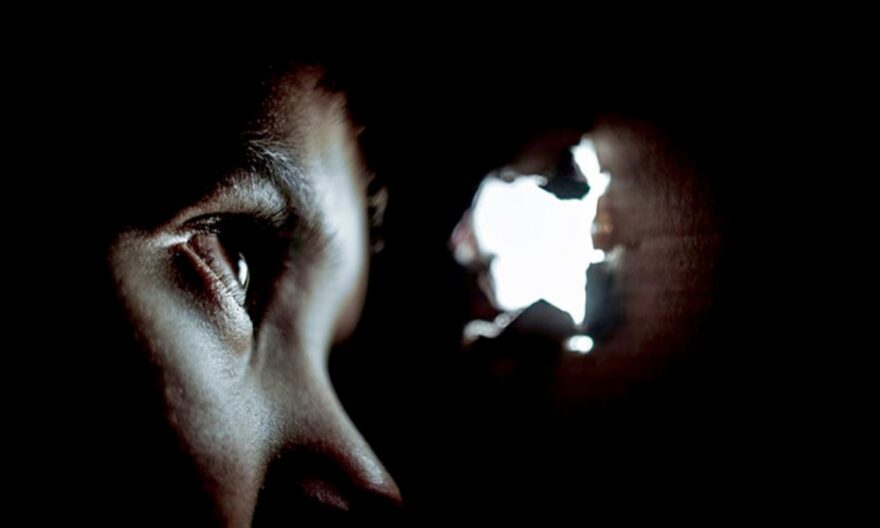
The Chhattisgarh High Court has reaffirmed that in serious crimes such as murder, the testimony of a “child-witness” can serve as a basis for conviction if the child is capable of understanding the questions and providing rational answers.
In a case where a person was accused of murder, a Division Bench comprising Justice Goutam Bhaduri and Justice Sanjay Kumar Jaiswal upheld the conviction and stated that “The Section 118 of Evidence Act envisages that all persons shall be competent to testify, unless the Court considers that they are prevented from understanding the questions put to them or from giving rational answers to the questions, because of tender years or old age or disease. Therefore the child of tender age can be allowed to testify, if he has intellectual capacity to understand the questions and give rational answers.”
On May 5, 2019, a man named Jahaniram was attacked with an axe on his neck while collecting leaves in the forest. Two children who were with the victim witnessed the incident. The accused was later apprehended, and a weapon was recovered based on his statement.
After a thorough investigation, the case was presented before the Magistrate and subsequently committed to the Sessions Court. The appellant was found guilty of murder and sentenced to life imprisonment. In this appeal, the appellant argued that the witnesses who testified against him were children, and their competency to testify was not assessed. Additionally, it was claimed that the recovered axe did not contain human blood, casting doubt on the entire conviction.
On the State’s side, it was argued that the child witnesses were competent to testify, and their statements should be believed without any doubt. It was also emphasized that the recovery of the weapon was made based on the accused’s information. Additionally, the prosecution highlighted the accused’s previous convictions as evidence against him.
The Court referred to the Supreme Court’s decision in Ratansingh Dalsukhbhai Nayak v. State of Gujarat, which emphasized that if a child witness is found competent and reliable, their testimony can be the basis for conviction. The Court further noted that even without taking an oath, the evidence of a child witness can be considered under Section 118 of the Evidence Act.
The Court also referred to the US Supreme Court’s decision in Wheeler v. United States, 159 US 523(1895), which stated that the evidence of a child witness should not be automatically rejected, but should be closely scrutinized and accepted only if its quality and reliability are convincing.
The Court noted that the lower court had already tested the intellectual capacity of the child witnesses before considering them as eyewitnesses. The Trial Court asked them specific questions and was satisfied that they were capable of testifying before the court, after which their statements were recorded.
The Court concluded that a “cumulative reading” of the statements of the eyewitnesses supported each other and demonstrated their credibility and truthfulness. Upon comparing their statements, it was observed that there was no exaggeration and the witnesses remained consistent with their statements made during the investigation in significant details.
The court further stated, “The reading of the statement of witness in the entirety do not reflect that child witness was tutored. Consequently, for the reason of corroboration and counter support by the witness and the medical evidence, postmortem report, the same can be relied upon.”
Accordingly, the order of conviction was maintained and the appeal was dismissed.




